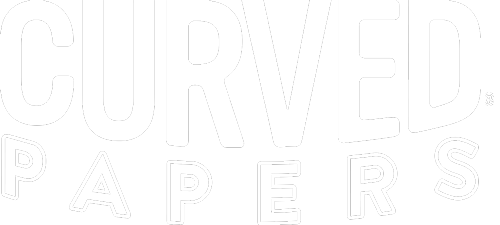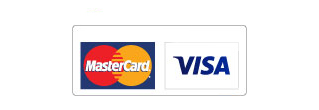Grateful to be joined by an elite group of local leaders and advocates from around the city, state and region:
Kym Byrnes, TribeTokes
Nancy Udell, Empire State NORML
David Rheins, MJHeadlineNews.com
Chandra Batra, MASSCANN
Troy Smit, Long Island NORML
Steve Bloom, Celebstoner.com
Baba Israel, NY NORML, artist and activist
Grant Smith-Ellis, MASSCANN
Alan Beardsley, Curved Papers
Pam Sabrin, The New School
Transcript:
MO Curved: Steve was just talking about you.
Bloom: Yeah, we were just doing, Freddy, we were just doing a whole preamble of everybody’s memories of you, going back …
Fab Five Freddy: Oh!
Bloom: … to Wild Style and Yo, MTV Raps, and then, even bringing it up to date, when we saw you at the Marijuana Rally a couple of years ago when you were working on “Grass Is Greener,” right?
Fab Five Freddy: Yeah. I shot that for my film, though, unfortunately, that did not make it into the film. It didn’t make it in, but I got some footage. That was inspirational.
MO Curved: That was the day that …
Fab Five Freddy: That’s where I got the papers! You sponsored it, and I was like, these Curved Papers are so great. Then a mutual friend connected us, and you gave me some. Love those. Love those Curved Papers. So …
Bloom: So … Freddy, where did you come up with the idea for the film? Where did you come up with it? Like, how did you decide to make that movie?
Fab Five Freddy:
Well, you know, that, in the way that conversations, in the way that great ideas sometimes happen, I was having a conversation with a really good friend, that I’m about to go into business with. It’s a really good story. So this is a guy, a black guy, a brother from California that had been in the legacy game, up and down California, from Humboldt down through the ‘hood, got caught up in the system, but still, yo, one of the unfortunate things, for people who have been in this legacy of cannabis purveyors and dealers oftentimes have been criminalized, imprisoned, especially people of color. So anyway, we’re talking one day about four years ago. He was like, I figured out, Im gonna start a consultancy business, and I’m gonna call it forty acres and a mule. Because he couldn’t touch the plant, having been in the criminal justice system, but he could be a consultant to advise people who were coming in on all the processes, what strains, and you know, how to maximize what he’s doing, and in that conversation, the forty acres was a reference to forty acres that black people were promised, during Reconstruction, which did happen for a hot minute. So that’s why Spike Lee called his film company Forty Acres, it’s a reference to the fact that black folks after having been enslaved, were denied the ability to take part, or to grow, have some land, to make things happen for themselves, and so he was gonna get that forty acres in the cannabis space. Which was the whole thing, and that conversation sparked the whole idea.
I just was like, wait a minute, you know, black folks were jazz, we’ve been at the front of this since the beginnings of jazz, which I’d known, which you’ll see in the movie, which I learned from my
Dad, who was a Jazzhead, and went back further than I’d realized, and, you know, if you’re a High Times person whose been plugged in, then you know chunks of it, it’s history, but um, then I realized the Hip Hop people I’d introduced, to the audience, when I was doing, Yo! MTV Raps, the MTV thing, and they were big proponents of the plant. Snoop. Cypress Hill. Damn near everybody else. So that really was the genesis of the idea. It was a conversation with a friend. Even the title. “Grass Is Greener,” all happened in this fun conversation. While, of course, I was hitting something really good and really green, and really great flower. and this whole movie sprung from that, and it was a pretty fun thing to tell the story which you’re gonna see.
And it’s a little bit of a snapshot of where I come from, how I come up and the story of the plant that connects, joined at the hip with America’s music, Jazz, as it grew and was created, so did this plant get spread around. And the fact, particularly the fact, that it brought black folks and white folks and anybody together to celebrate, and share this plant, that’s what led to this plant being criminalized, and it’s a sad nightmare reality that something so beneficial and helpful has gone through this, and, so, that was the, I learned way more, that was the fun thing about the doc, is, you learn, I learned a hell of a lot that I was able to share with, you know, a lot of people, with you guys.


